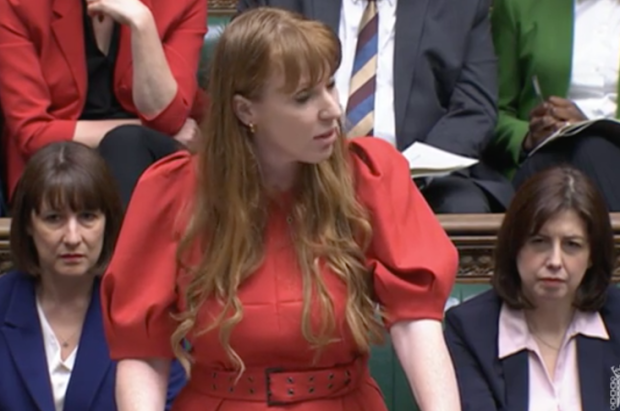Women have faced increasing attacks on their rights in recent years. Moves to accommodate gender ideology have resulted in women-only spaces being opened to male-bodied individuals. In the medical sphere, dystopian terms like ‘menstruators’, and ‘birth parents’ have even been coined to appease activists. These kinds of stories hit the headlines and often receive a wide backlash. But an even more acute threat to women receives comparably little attention.
Gendercide – the abortion of preborn babies based on sex – continues to occur in countries across the globe, with girls overwhelmingly the target. Sex-selective abortion is often against the wishes of mothers, who are coerced into termination by family members who would prefer a male child. It may surprise some to learn that across the world, girls are being deliberately wiped out of existence every single day and denied the most precious right in life – life itself.
The issue of gendercide was brought into sharp relief this week with the publication of new research warning that global population stability is at risk due to ‘cultural preferences’ for male children. The study, published in the British Medical Journal, notes that various countries have a skewed sex ratio at birth in favour of boys because of prenatal ‘sex selection’ and suggests that the world could lose 4.7 million girls by 2030, and as many as 22 million by 2100.
The effects of this ‘preference’ of male children would, quite obviously, be disastrous. Dr Fengqing Chao, lead author of the research and an advisor to the United Nations Population Division, warns that ‘Fewer than expected females in a population could result in elevated levels of antisocial behaviour and violence and may ultimately affect long-term stability and social sustainable development.’
Gendercide is not a problem reserved to other countries. A BBC investigation in 2018 revealed that non-invasive prenatal testing (NIPT) is being used on a widespread basis in the UK to determine the sex of babies. The Nuffield Council on Bioethics has warned that the widespread sale and use of NIPT in the UK could lead to this country becoming a haven for the practice. An earlier investigation by the Telegraph found evidence of doctors agreeing to provide sex-selective abortions ‘no questions asked’. It is an alarming situation here, as well as overseas.
So why does this issue, something denounced as barbaric when viewed in other countries, receive so little scrutiny in the UK? There seems to be two problems. Firstly, there is confusion about what the law says. The government maintains that abortion based on gender alone is already illegal. But at the same time, other major stakeholders interpret the law differently. The British Medical Association has defended sex-selective abortion. And the British Pregnancy Advisory Service claims that abortion for gender is not illegal in its literature.
The second problem appears to be a political one. The practice of sex-selective abortions is more prevalent in certain communities. The campaign group Jeena International states that it is predominantly British Asian women, as well as those born in South Asia and married to men in the UK, who are aborting girls because of cultural pressure to have sons – often from their in-laws. Politicians and other key players who might condemn the practice are reluctant to do so, not wanting to ‘single out’ certain communities and ethnic minority communities.
Experience should tell us that withholding scrutiny for fear of being labelled politically incorrect is dangerous. The harrowing Rotherham child sexual exploitation scandal was compounded because the authorities were reluctant to investigate Asian men. Abuse was allowed to continue for years, and justice was denied to girls as a result. The identity of perpetrators does not matter when it comes to justice: the focus must be on victims. When it comes to gendercide, the authorities must stand up for preborn girls and the women who are coerced into having abortions at the hands of men, whatever community they belong to.
As for the first problem of legal interpretation, the answer is clear. Legislators must urgently introduce an explicit ban on all sex-selective abortion. This would eradicate any uncertainty surrounding the legality of the practice. Alongside this, they can support other initiatives: educational projects focused on gender equality before and after birth; guidance for doctors and counsellors so that they are sensitive to the problem; and a requirement that doctors be satisfied that an abortion is not being sought on grounds of foetal sex before approving a request.
Politicians are increasingly willing to stand up for women’s rights in other aspects of public policy. They must not shy away from doing the same when it comes to gendercide. It’s time to stamp out this blatant discrimination.
<//>
Got something to add? Join the discussion and comment below.
Get 10 issues for just $10
Subscribe to The Spectator Australia today for the next 10 magazine issues, plus full online access, for just $10.


















Comments
Don't miss out
Join the conversation with other Spectator Australia readers. Subscribe to leave a comment.
SUBSCRIBEAlready a subscriber? Log in